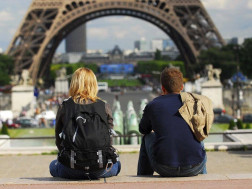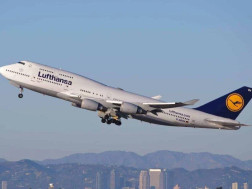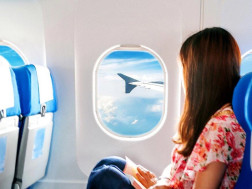The EU tourism industry seems to be strongly rebounding from the COVID-19 pandemic. The total number of nights spent in tourist accommodation in 2022 was close to the pre-pandemic level (2.72 billion nights in 2022 compared with 2.88 billion in 2019; -5.6%). This represents substantial increases compared with the number of nights spent in 2020 and 2021 (1.42 billion in 2020, 1.83 billion in 2021; +91.1% and +48.3% in 2022, respectively), Eurostat reports.
In the course of 2022, monthly tourism figures increased continuously and finally approached the levels of the corresponding months in 2019. Compared with the pre-summer first half year of 2019 (January–June), in the same period of 2022, nights spent in tourist accommodation were down by 11.0%. Meanwhile, the period July-December closely mirrored 2019 levels of nights spent (-1.9%).
Data for 2022 also show that nights spent by international guests have neared 2019 levels (1.19 billion nights in 2022 compared with 1.36 billion in 2019; -12.6%). This represents a strong increase compared with the number of nights spent by foreign tourists in 2020 and in 2021 (412.5 million nights in 2020, 587.8 million in 2021; +188.8% and +102.6% in 2022, respectively).
Regarding domestic travel, 2022 data show a record number of 1.53 billion nights spent, an increase of 10.9 million compared with 2019 (+0.7%).
Among the EU countries, the number of nights spent by domestic and foreign tourists in 2022 compared with 2019 increased in three of the Member States with available data: Denmark (38.4 million nights in 2022 compared with 34.3 million in 2019; +12.3%), the Netherlands (128.3 million compared with 123.4 million; +3.9%) and Belgium (42.7 million compared with 42.5 million; +0.5%).
Meanwhile, other countries have not yet fully recovered from the pandemic’s impact on tourism. This was particularly the case in Latvia (3.9 million in 2022 compared with 5.5 million in 2019; -29.6%) and Slovakia (12.3 million compared with 17.2 million; -28.3%).
















